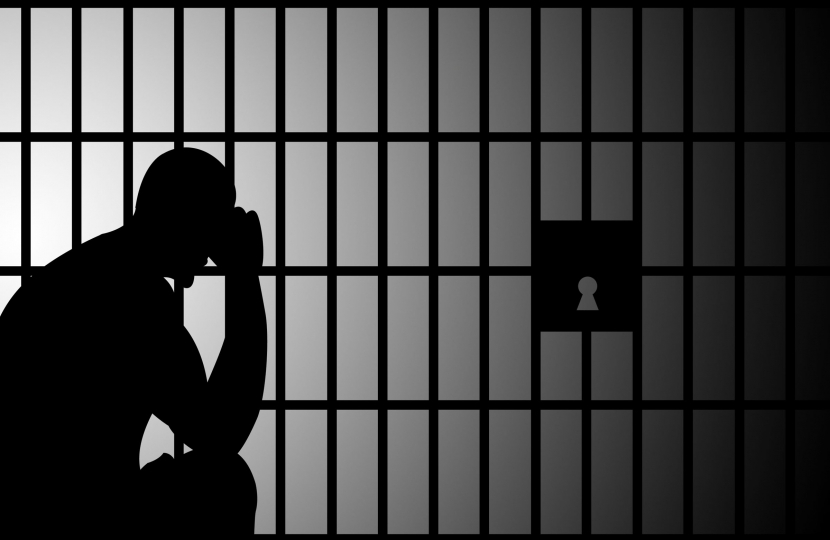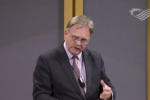
Taking part in this afternoon’s remote Welsh Parliament Debate on the Local Government and Elections (Wales) Bill, Shadow Local Government Minister and North Wales AM, Mark Isherwood, criticised many aspects of the Bill and slammed the Labour Welsh Government for trying to rush it through “at a time of National crisis”.
Speaking from his North Wales home via ‘Zoom’ during today’s Plenary session, Mr Isherwood described the Bill as “a cut-and-paste job”, with it including approximately 28 provisions contained within Mark Drakeford’s 2017 Local Government White Paper, which was originally dropped, and said some controversial changes outlined in the Bill are unpopular.
He said:
“In his Written Statement on the Welsh Government’s ‘approach to legislation in light on COVID-19’ last week the First Minister asked this Welsh Parliament to work with the Welsh Government to explore “novel approaches to scrutiny, in order to allow” it “to progress its legislative programme under current circumstances”. This Statement omitted any reference to votes for convicted prisoners.
“It is also noted that the Welsh Government response to the Equality, Local Government and Communities Committee’s report on this Bill only accepts one quarter of its 32 recommendations – recommendations made after detailed evidence gathering from a range of expert witnesses and hours of deliberation by Committee Members.
“The Bill provides that each Principal Council may decide for itself on the voting system to use, whether First Past The Post or proportional representation using the Single Transferrable Vote. However, 33 out of 35 respondents to its White Paper Consultation disagreed and preferred to keep one voting system for the whole of Wales.
“It is therefore deeply concerning that the Minister rejected the Committee recommendation “that the Welsh Government undertakes an engagement programme with the Welsh Local Government Association/WLGA, principal councils and communities across Wales around reforming voting arrangements for local government elections””.
Mr Isherwood also criticised the Bill’s proposals to enable all Foreign Citizens legally resident in Wales to vote in Local Government Elections, describing them as “a step too far”.
He said:
“Currently Irish and Commonwealth Citizens, and relevant EU Citizens, can vote in Local Government and Devolved Elections, but this Bill would enable all Foreign Citizens legally resident in Wales to vote in Local Government Elections. There is a long-standing reciprocal agreement between the UK and the Republic of Ireland as a consequence of the historic relationship between both countries - and the ability of Commonwealth citizens to vote at UK elections is a legacy of the Representation of the People Act 1918.
“However, this Bill proposes a step too far. At least most of the few countries that allow foreign citizens to vote have a minimum residency requirement, but even that is missing here.
“As my colleague David Melding AM said when scrutinising similar provisions in the Senedd and Elections Bill: ’their citizenship should determine where they principally vote, and if they make the choice not to pursue citizenship here, then it's their choice not to have political rights to the extent of voting in our elections”.
He added: “Even worse, although the Welsh Government did not include in this Bill a provision for prisoners to be given the right to vote, the Minister has confirmed that if Members pass this motion today she will then table amendments to allow prisoners serving sentences of less than four years- such as for racially aggravated common assault, breaching a sex offender order or causing prostitution of women - to vote in local government elections.
“In other words, at a time of national crisis, this Welsh Government wants us to help them rush through Welsh Government Legislation that will introduce changes which are unpopular with the people and we cannot support”.
